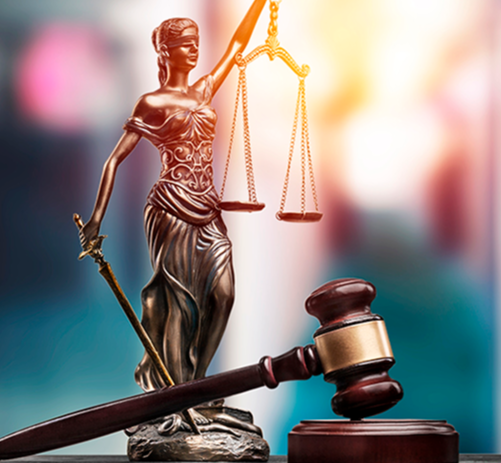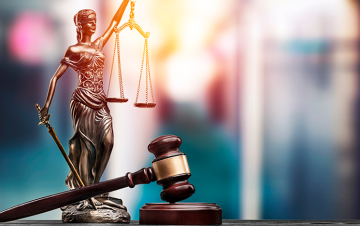Лоер
Representation of a lawyer in court: Protection of dignity and legal support.
Participation in the legal process is not only a right, but also an important opportunity for citizens to protect their rights and interests. Representation by a lawyer in court plays a key role in ensuring fairness and efficiency of justice. Let's look at how lawyers ensure the protection of dignity and provide legal support to their clients during litigation.
Protection of dignity in court
Protection of dignity in court includes not only ensuring respect for the client's rights and interests, but also active struggle against any forms of discrimination and injustice that may arise during the court process. The lawyer carries out this protection by identifying and resolving potential violations of the client's rights, and also reacts to any manifestations of inattention or negligence on the part of the court, other participants in the process or the public.
One of the ways to protect the client's dignity is to carefully observe the trial process. The lawyer ensures that all the rights and procedural guarantees of his client are respected, and reacts to any violations or injustices. He can submit petitions to the court to restore order, demand consideration of issues related to violations of the client's rights, and generally ensure respect for his dignity during the entire process.
In addition, the lawyer actively protects the dignity of his client through effective representation and argumentation. He acts as the voice of his client, presenting his position and arguments before the court and other participants in the process.A lawyer ensures that evidence and arguments are carefully considered and taken into account by the court, and ensures that no one is subjected to unfair treatment or injustice.
In summary, the protection of dignity in court plays a critical role in ensuring justice and the rule of law. A lawyer, acting as the voice and advocate of his client, ensures that the judicial process is conducted in accordance with the law and standards of justice, and that the rights and dignity of his client are properly protected.
Legal support during the court process
Representation of a lawyer in court involves providing legal support to his client at each stage of litigation. This includes analyzing evidence, preparing procedural documents, drafting arguments and participating in court hearings. The lawyer monitors compliance with the client's rights, provides advice on the defense strategy and provides effective defense in court.
The role of the lawyer in the legal process
A lawyer in court acts as a key participant in the judicial process, which ensures the implementation of justice. He represents the interests of his client before the court, analyzes the evidence and arguments of the opposing side, advocates and defends the rights and interests of his client. A lawyer not only protects the client's rights, but also ensures the administration of justice in accordance with the principles of justice and legality.
Participation in the court session
One of the most important aspects of a lawyer's representation in court is participation in court sessions. A lawyer in court acts as a professional representative of his client during the hearing of the case.He analyzes issues that arise during the hearing, responds to requests from the court and the opposing party, argues his position and ensures effective protection of the client's rights.
Removal of arrest and other measures
A lawyer in court also carries out a number of other actions aimed at protecting the rights and interests of his client. This may include requests to release the lien, requests for additional research or expertise, filing appeals, and other actions aimed at achieving a positive outcome for the client.
Conclusion
Representation of a lawyer in court is an important element of the legal system, which ensures the protection of the dignity and rights of citizens. A lawyer in court acts as a professional representative of his client, providing legal support and protection of his interests during legal proceedings.




































